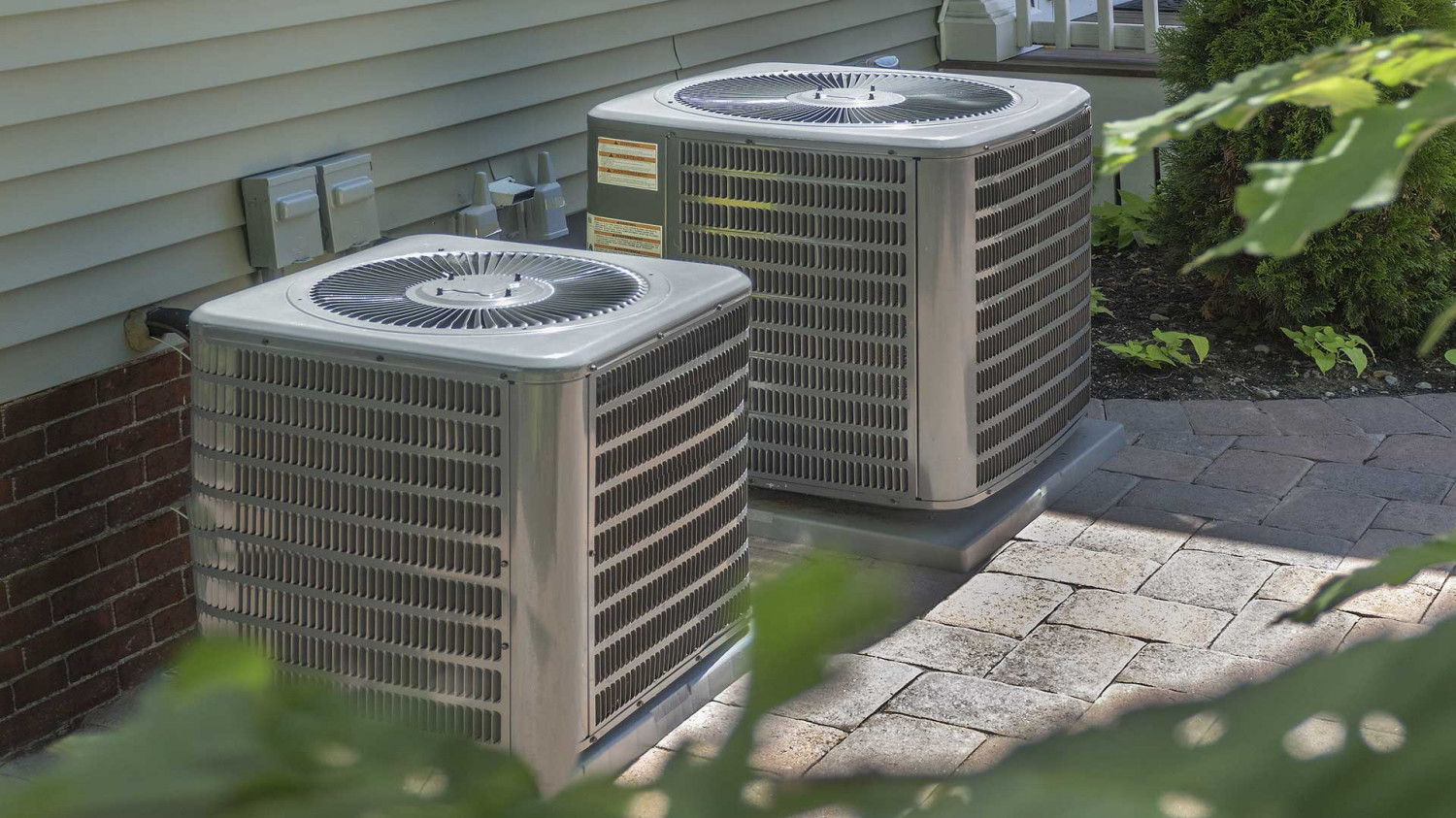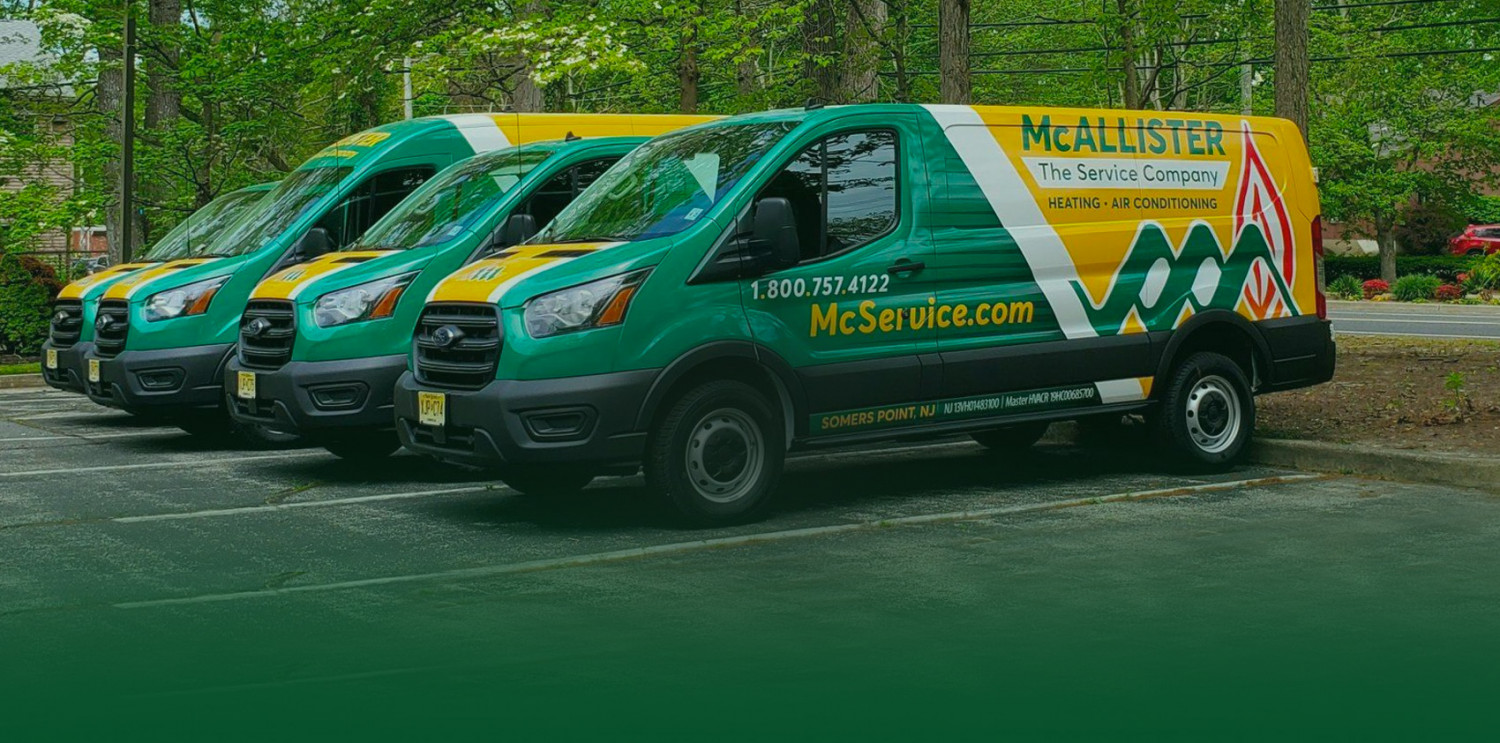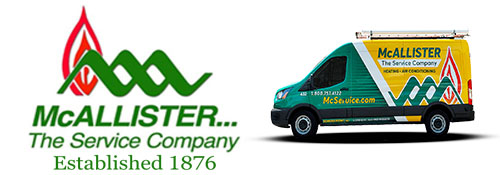

Over 148 Years of Quality Experience
Choose Our Local HVAC Company in Somers Point, NJ
We offer comprehensive HVAC solutions in South Jersey
McAllister... The Service Company is a local HVAC company based in Somers Point, NJ and serving surrounding areas throughout Atlantic and Cape May counties. We have over 148 years of experience providing honest and dependable HVAC services tailored to our clients' needs. We take pride in finding high-quality solutions that work for your goals and budget. With help from our industry experts, you can remain happy and comfortable under your roof.
We take your comfort seriously
Our local HVAC company in Somers Point, NJ can complete a wide range of projects for residential and commercial clients. You can depend on us for:
Whether you need HVAC installation services for your new home or recurring HVAC maintenance services for your office space, we've got you covered.
Connect with a member of our professional HVAC team today! Call (800) 757-4122 today.

When Your HVAC System Fails, Don't Panic
We offer free on-site consultations for your heating and cooling needs
There's no job too big or too small for us
When you need a reliable HVAC contractor in South Jersey, look no further than McAllister... The Service Company. We bring over a century of experience to complete:
- HVAC replacements
- HVAC system repairs
- New HVAC installations
- Recurring HVAC maintenance
We'll take great care of your heating and cooling system so you can have total peace of mind. Contact us right away to learn about our special offers and discounts.
Bogo Deal Until End of March!
_(1)-1.png)
